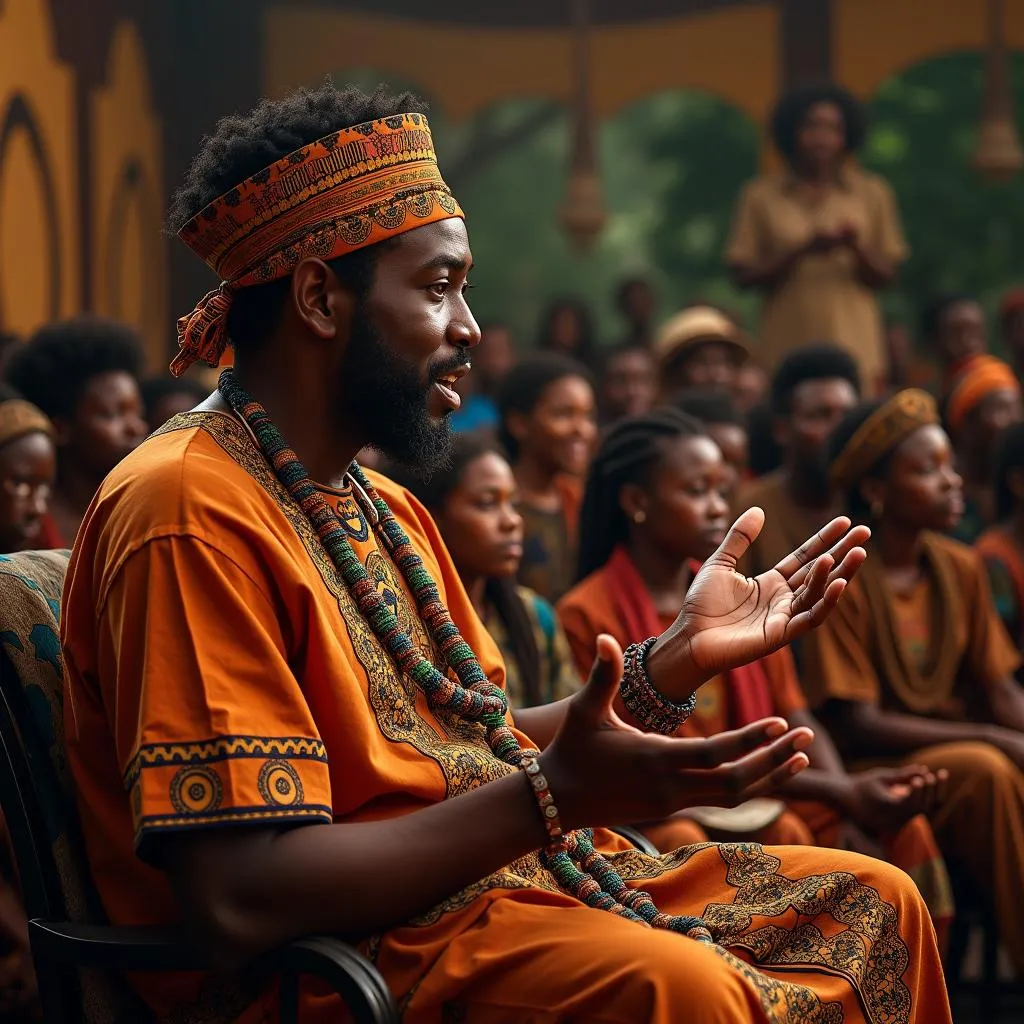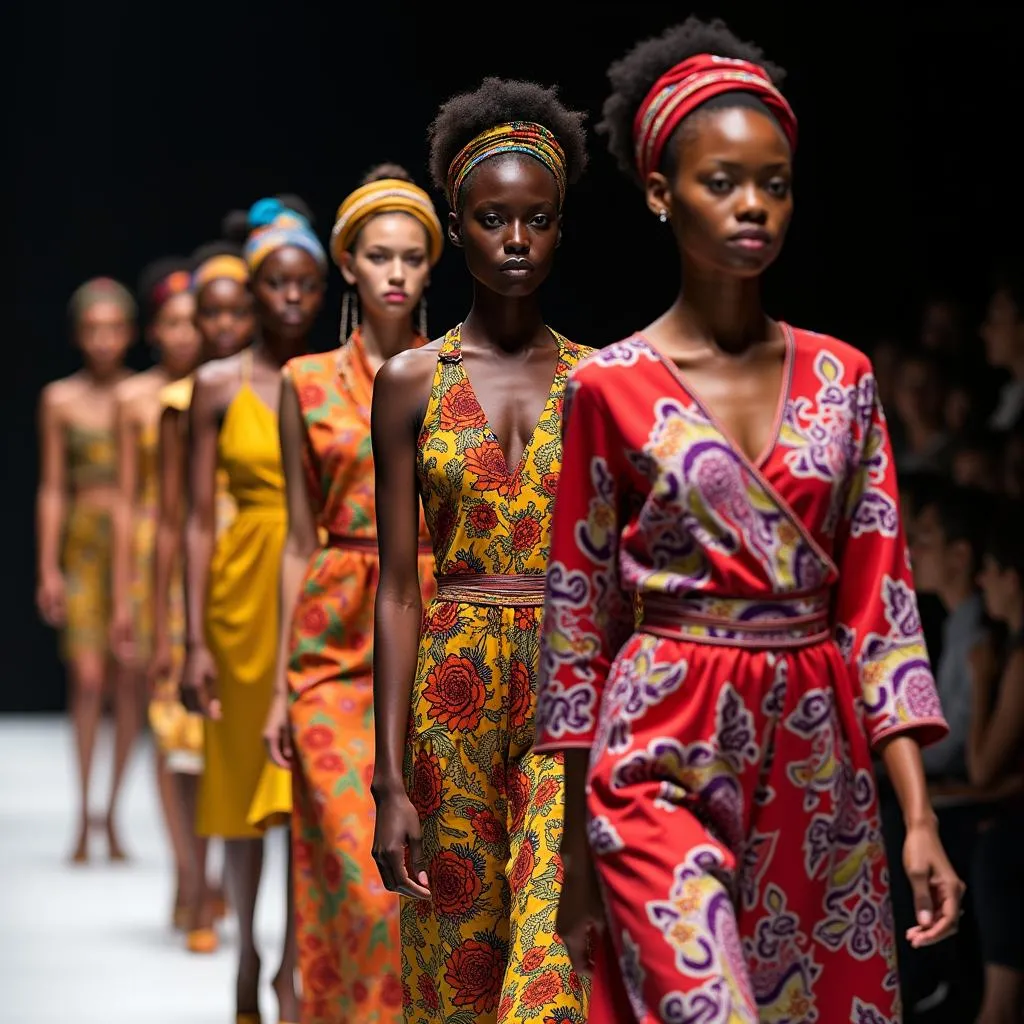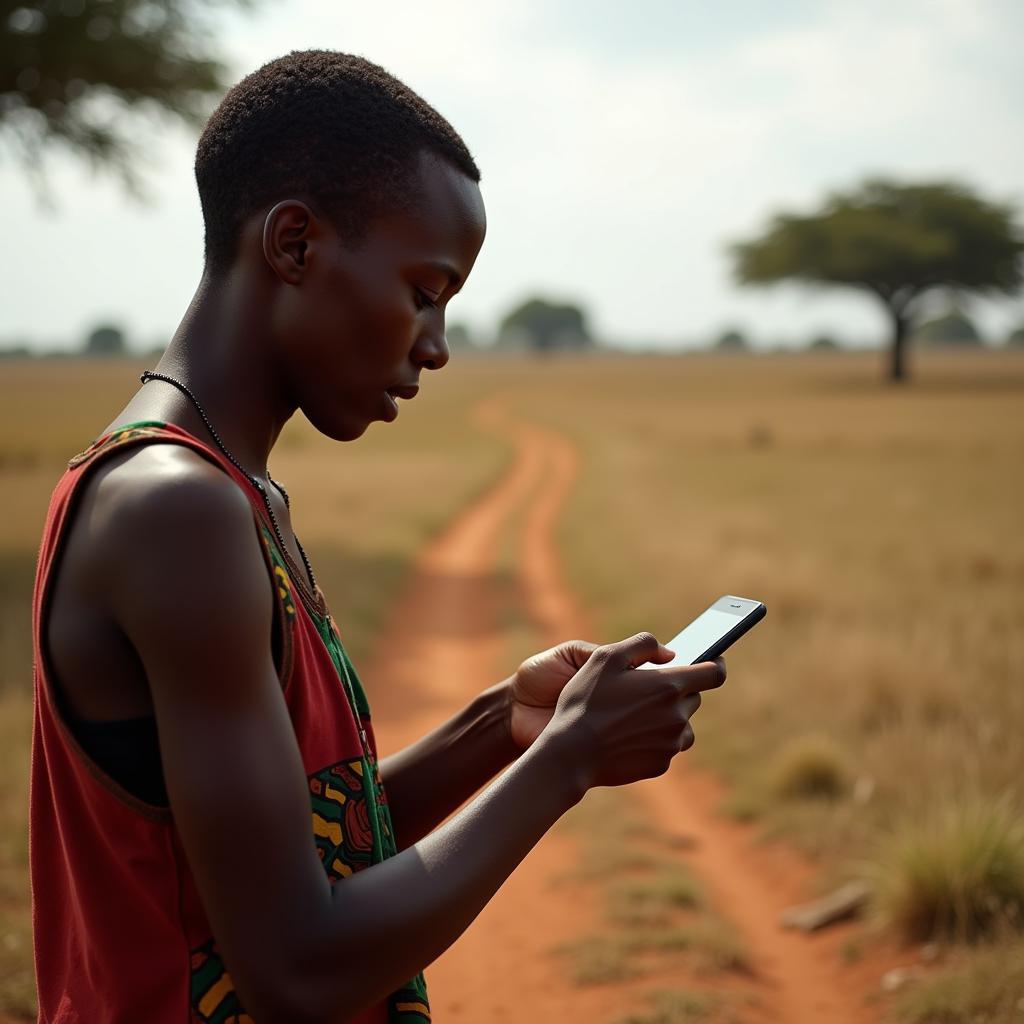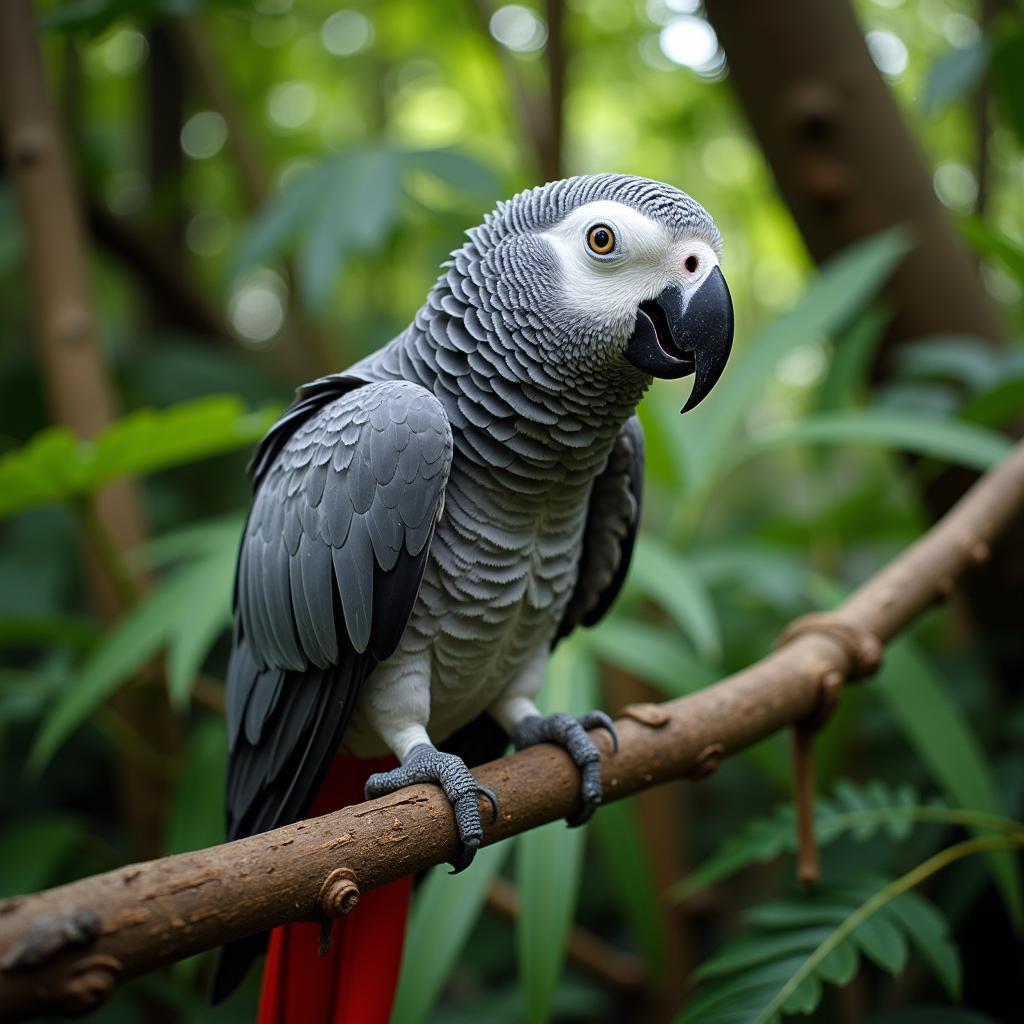Black African: A Journey Through Rich Culture and Heritage
Black African culture stands as a testament to the enduring spirit, creativity, and resilience of a people who have shaped history for millennia. From the ancient empires of Egypt and Mali to the vibrant art scenes of modern-day Nigeria and South Africa, the term “Black African” encompasses a tapestry of diverse ethnic groups, languages, and traditions. This article delves into the captivating world of Black African heritage, exploring its multifaceted dimensions.
Unmasking the Term “Black African”
The term “Black African” itself carries complex historical and social weight. While geographically, it refers to individuals of African descent living in the Sub-Saharan region, it transcends simple geographic boundaries. This term speaks to shared experiences, struggles, and triumphs that have forged a collective identity. Understanding “Black African” requires acknowledging the impact of colonization, the fight for independence, and the ongoing pursuit of social justice.
The Power of Oral Traditions
For centuries, Black African culture has been passed down through generations by the power of storytelling. Oral traditions, encompassing myths, legends, proverbs, and songs, preserve the history, beliefs, and values of various communities. Griots, the revered storytellers of West Africa, play a vital role in keeping these traditions alive, ensuring that the wisdom and knowledge of their ancestors continue to resonate with present and future generations.
 African Storyteller Sharing Tales
African Storyteller Sharing Tales
The Language of Music and Dance
Music and dance are integral to Black African culture, serving as vibrant expressions of joy, sorrow, spirituality, and social commentary. From the rhythmic beats of Afrobeat to the soulful melodies of Mbalax, music pulsates through the heart of Black African Life. Dance forms like the energetic Gnawa of Morocco and the graceful Ndlamu of Zulu culture embody storytelling through movement, preserving cultural heritage and transmitting it across generations.
The Artistry of Fashion and Adornment
Black African fashion is a tapestry woven with vibrant colors, intricate patterns, and symbolic designs. Each region boasts its unique textile traditions, from the handwoven Kente cloth of Ghana to the tie-dyed Aso-Oke of Nigeria. Adornments like beads, jewelry, and headdresses hold cultural significance, signifying social status, marital status, or spiritual beliefs.
 African Fashion Show with Models in Colorful Attire
African Fashion Show with Models in Colorful Attire
The Essence of Community and Family
At the core of Black African culture lies a deep respect for community and family. Extended family networks provide a strong support system, emphasizing collective responsibility and interdependence. Ubuntu, a Nguni Bantu term encapsulating the philosophy of shared humanity, emphasizes the importance of compassion, empathy, and interconnectedness.
A Legacy of Resilience and Innovation
Black African history is a testament to resilience in the face of adversity. From overcoming the horrors of slavery to fighting for independence and social justice, Black Africans have demonstrated unwavering strength and determination. This spirit of resilience extends to innovation, with Black African communities across the continent making significant contributions to fields such as science, technology, arts, and culture.
Embracing the Future of Black African Identity
As the world becomes increasingly interconnected, Black African culture continues to evolve, adapt, and influence global trends. The future holds exciting possibilities for the continued celebration and preservation of this rich heritage. From the rise of Afrobeats music on the international stage to the growing recognition of Black African art and literature, the world is witnessing a renaissance of Black African excellence.
 Young Black African Entrepreneur Working on Laptop
Young Black African Entrepreneur Working on Laptop
Conclusion
“Black African” is more than just a descriptive term; it represents a vibrant tapestry of shared experiences, cultural richness, and an enduring spirit. From the power of oral traditions and the captivating rhythms of music and dance to the strong emphasis on community and family, Black African culture continues to captivate and inspire. As we delve deeper into understanding the nuances and complexities of this diverse heritage, we open ourselves to a world of beauty, resilience, and boundless potential.
FAQs About Black African Culture
1. What are some of the major religions practiced by Black Africans?
Black Africans practice a wide range of religions, with the most prevalent being Christianity, Islam, and various indigenous African religions.
2. What is the significance of masks in Black African art?
Masks hold immense cultural and spiritual significance in many Black African cultures. They are often used in rituals, ceremonies, and performances, representing spirits, ancestors, or mythical beings.
3. What are some common misconceptions about Black African culture?
Common misconceptions include viewing Africa as a homogenous entity, overlooking the diversity of its 54 countries, and associating the continent solely with poverty and conflict.
4. How has colonialism impacted Black African culture?
Colonialism had a profound and lasting impact, disrupting traditional ways of life, imposing foreign languages and religions, and exploiting resources. However, Black African cultures have shown remarkable resilience in preserving their heritage while adapting to changing times.
5. How can I learn more about specific Black African cultures?
Engage with books, documentaries, and online resources dedicated to specific countries or ethnic groups. Visiting museums, attending cultural events, and connecting with individuals from diverse backgrounds can further enrich your understanding.
Need More Information?
For further insights and support, feel free to reach out to us:
Phone: +255768904061
Email: kaka.mag@gmail.com
Address: Mbarali DC Mawindi, Kangaga, Tanzania
Our dedicated customer service team is available 24/7 to assist you.

